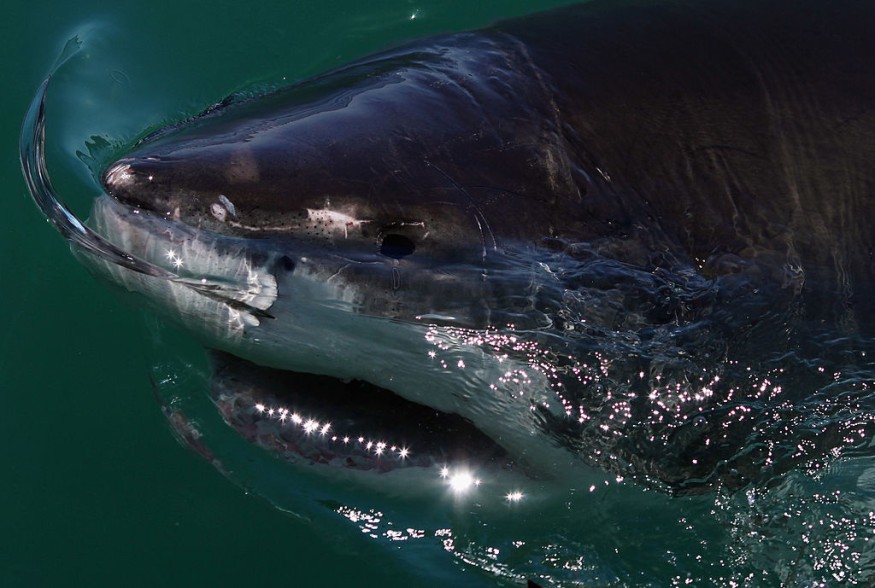A great white shark washed ashore along a South Carolina beach; it was reported in recent days. The 10-foot shark stopped breathing after locals attempted multiple times to bring the animal back into the ocean but it kept getting washed to shore due to reasons unknown.
This makes the cause of death to be a mystery, in addition to the fact that great white shark strandings in the state are very rare.
Great white sharks are known for typically visiting South Carolina during the winter season, which spans from December to February each year.
With this, the recent stranding has been considered by local authorities as unusual. In addition to the said shark species, lemon sharks, bonnethead sharks, and bull sharks are also found in the waters off the state.
In recent years, there have been multiple reports of shark strandings across the United States. Other marine animals like whales, dolphins, and seals have also been included on the list of animal strandings, where vessel strikes and fishing gear entanglement to be the most common causes.
Over the past year, related incidents in the waters off New Jersey were linked to offshore wind farms.
South Carolina Shark Stranding

The shark beaching occurred on South Carolina's North Myrtle Beach earlier in April, according to Live Science, which said the incident was a "rare and unusual stranding," in addition to the ambiguity of the cause in the first place.
In a Facebook post, a local named Crystal Alden, who also participated in the rescue effort, the great white shark stranding occurred near 10th Avenue at North Myrtle Beach on the night of April 3.
In the social media post, it can be seen in the photos that the shark sustained some sort of lacerations or scratches under its mouth before it was seen lying in shallow waters where most of its body is already visible on the surface.
South Carolina Sharks
South Carolina waters is native to around 12 shark species and it is the fourth state across the U.S. with the highest number of shark attacks, wherein it is preceded by California, Hawaii, and Florida, according to the website AZ Animals.
In addition to the ones mentioned earlier, other shark species found off the coast of South Carolina include:
- finetooth sharks
- blacknose sharks
- tiger sharks
- nurse sharks
Climate Change Affects Sharks?
In the context of U.S. shark strandings, experts last year found that a shift of natural food resources such as fish, due to ocean warming caused by climate change, may have forced a portion of the shark population along the U.S. East Coast to move closer into the shore; where the said predators chase their prey.
However, James Sulikowski, a marine biologist and the founder of Arizona State University's Sulikowski Shark and Fish Conservation Lab, told ABC News that there is still no data that proves climate change is the cause of such shark population movement.
Related Article: Two Swimmers Survive Shark Attack in Myrtle Beach, South Carolina
© 2025 NatureWorldNews.com All rights reserved. Do not reproduce without permission.





